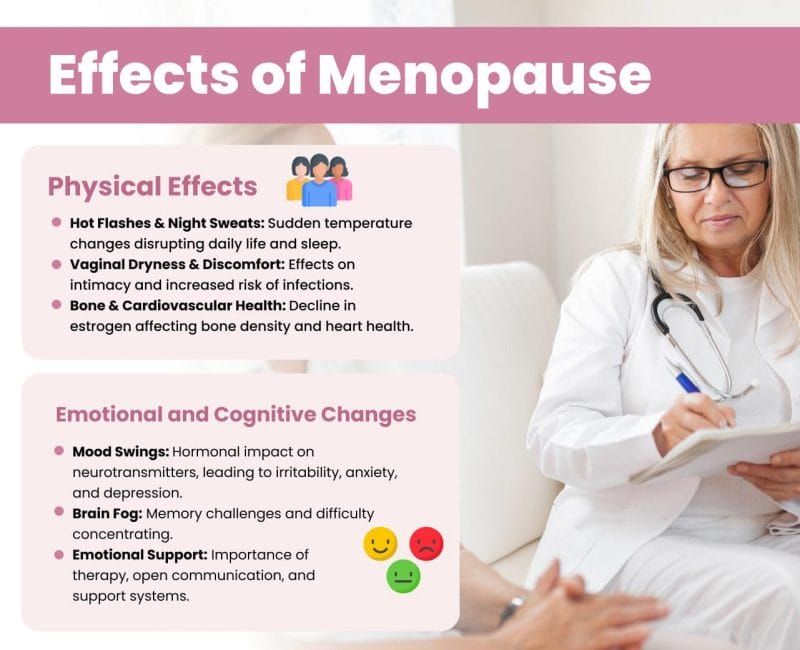Menopause is a natural part of the aging process for women, typically occurring in their late 40s to early 50s. It marks the end of a woman’s menstrual cycles and fertility. While most people are aware of the physical symptoms associated with menopause, such as hot flashes and night sweats, the emotional changes that accompany this transition are often overlooked. In this article, we will explore the emotional changes that women may experience during menopause and how to cope with them.
Emotional Rollercoaster
Menopause can bring about a rollercoaster of emotions due to hormonal fluctuations. Estrogen and progesterone levels decline during menopause, which can lead to mood swings, irritability, anxiety, and depression. Women may also experience feelings of sadness, loss, and a lack of motivation. The emotional changes can be overwhelming and disruptive to daily life.
Coping Strategies
It is important for women going through menopause to take care of their emotional well-being. Here are some coping strategies to help manage the emotional changes:
1. Stay Active
Exercise has been shown to improve mood and reduce symptoms of depression and anxiety. Regular physical activity can help release endorphins, which are natural mood lifters. Whether it’s going for a brisk walk, taking a yoga class, or hitting the gym, staying active can help combat the emotional rollercoaster of menopause.
2. Practice Relaxation Techniques
Stress can exacerbate emotional symptoms during menopause. It’s important to find ways to relax and unwind. Practice deep breathing exercises, meditation, or progressive muscle relaxation to calm your mind and body. Taking time for self-care can help reduce stress and improve emotional well-being.
3. Talk About Your Feelings
Don’t be afraid to open up and talk about how you’re feeling with friends, family, or a therapist. Sharing your emotions can provide a sense of relief and validation. Surround yourself with a supportive network of people who can offer comfort and understanding during this challenging time.
4. Prioritize Sleep
Sleep disturbances are common during menopause, which can further exacerbate emotional symptoms. Make sure to prioritize good sleep hygiene by creating a relaxing bedtime routine, avoiding stimulants like caffeine before bed, and creating a comfortable sleep environment. Quality sleep is essential for emotional well-being.
Seeking Help
If you are struggling to cope with the emotional changes of menopause, don’t hesitate to seek professional help. A therapist or counselor can provide support, guidance, and coping strategies to help you navigate this transition. Medication or hormone therapy may also be recommended for severe emotional symptoms.
Conclusion
Menopause is a natural phase of life that can bring about a host of emotional changes. It’s important for women to recognize and address these emotions in order to maintain their emotional well-being. By practicing self-care, seeking support, and prioritizing mental health, women can navigate the emotional rollercoaster of menopause with grace and resilience. Remember, you are not alone in this journey.
